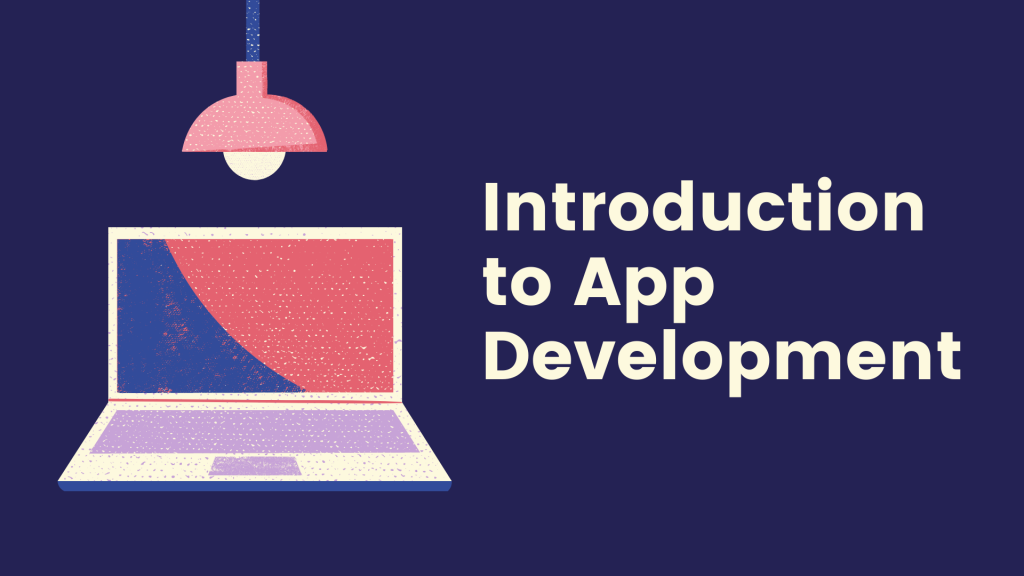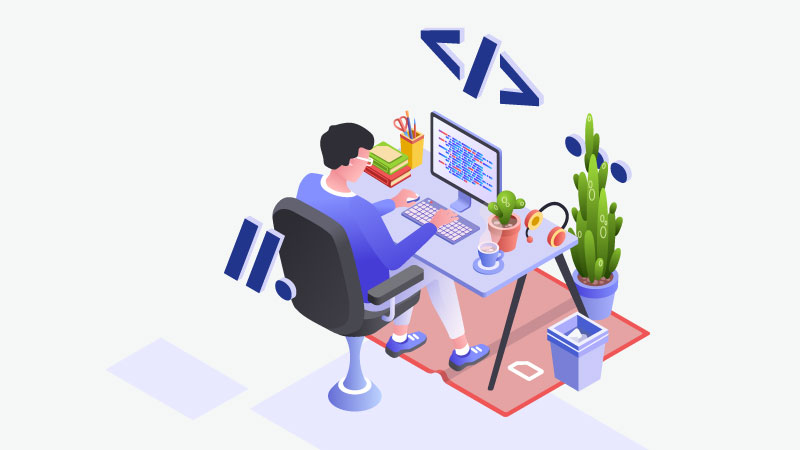
App Development is the way toward making a program or a project for mobile phones because the business requires or people needs to carry out day-to-day activities.
Hence, from figuring monthly costs to planning marketing strategies, from planning daily agendas to a personal gym instructor; applications assist us with the increment in productivity of humans work.
Thus, each application building measure follows similar steps like gathering necessities, planning models, testing, execution, and reunion.
Top Platforms for App Development:
There are different platforms for App Development; some of the top platforms are as follows:
Platform 1 for App Development : Android

Android is a mobile application development and operating framework. It is dependent on an alternate option of Linux.
So, it is free and open-source programming. And the source code of Android is known as AOSP.
It is the biggest base of any working framework. And, the current stable form is Android 11, which was delivered in September 2020.
Platform 2 for App Development : Flutter

Flutter is an open-source UI programming software made by Google. And also, it creates apps for Android, iOS, Linux, Mac, Windows, etc.
These apps are written in the Dart language. Moreover, they utilize a large number of the language’s highlights. On Windows, macOS, and Linux; Flutter runs in the Dart virtual machine.
Consequently, Flutter expands this, where much of the time changes to source code are reflected in the running application without requiring a restart or any state deficiency.
Platform 3 : iOS

iOS is a Mobile operating and application generating framework created by Apple but only for its pieces of equipment. Thus, it is the working framework that powers a significant number of its cell phones, including the iPhone, iPod, and iPad, etc.
After Android, iOS the world’s second-most introduced working framework. It is the reason for three other working frameworks made by Apple.
Platform 4 : Cross-Platform Software

Various platforms can execute the PC software. Therefore, there are two types of Cross-stage programming; one requires a singular structure for every stage that it holds, and the other one can be straightforward and run on any stage without any planning.
Moreover, an application may run on Windows & Linux.
Hence, cross-stage projects may run on as numerous as every single existing stage, or on as not many as two stages.
Want to Develop an Application using any of these languages?
Then, please visit our website:



